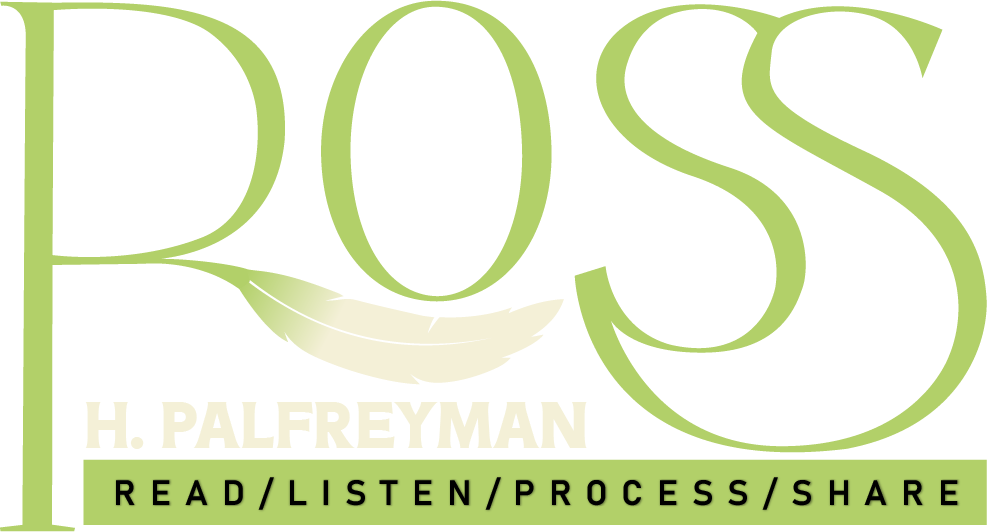Tax season feels like solving a puzzle that most people never asked to be a part of. If you’ve ever looked at a tax form and felt overwhelmed, confused, or frustrated, you’re not alone. Millions of people, especially in the United States, experience this stress year after year. What was once meant to be a fair and necessary system to help fund the country’s operations has now become something many people fear or dread. And it’s not just the paperwork—it’s the complexity, the lack of fairness, and the feeling that you’re being punished for trying to succeed. Ross H. Palfreyman, in his bold and thought-provoking book Abolish the Income Tax and Dismantle the IRS… It’s Time, makes a strong case for a complete transformation. According to him, it’s time to remove the income tax system entirely and replace it with something much simpler and more fair: a National Consumption Tax. It’s not just a financial argument—it’s a moral one, and it’s about restoring trust between the government and the people it serves.
Right now, the American tax system is extremely complicated. The tax code is so long and filled with rules, exceptions, and loopholes that even experts often struggle to understand it. Regular people, especially those running small businesses or working multiple jobs, are left trying to figure out how much they owe, what deductions they qualify for, and how to avoid being penalized for honest mistakes. And if you get it wrong, the consequences can be severe—letters from the IRS, penalties, audits, and months of anxiety. This system doesn’t just confuse people—it discourages them. It discourages work, saving, and investing. It makes people feel like they’re walking a tightrope, and it steals time, money, and energy that could be better spent building a future. For many, the fear of the IRS is very real. The agency has the power to freeze bank accounts, take assets, and dig deep into your personal and financial life. Over time, it has grown into something more than just a tax collection agency. It has become a symbol of government overreach and fear. In some cases, it has even been accused of targeting specific groups or individuals based on their political beliefs.
Ross Palfreyman believes that the problem isn’t just the IRS—it’s the entire income tax system. And his solution is simple: replace the income tax with a National Consumption Tax. This new system wouldn’t tax people on what they earn but on what they choose to spend. That means your income, your savings, and your investments would no longer be taxed. Instead, the government would collect revenue when people buy goods and services. Under this system, filing taxes every year would become a thing of the past. People would no longer need to hire expensive tax professionals or fear surprise audits. The government wouldn’t need access to when you purchase something—and the more you spend, the more you contribute.
It also creates a more honest and transparent system. Everyone pays the same rate on goods and services, so there are no special loopholes or backroom deals. Everyone plays by the same rules. This eliminates the sense that the system is rigged in favor of the rich or politically connected. And because there’s no need for complicated returns, people would save time, reduce stress, and gain peace of mind. While Palfreyman’s proposal is focused on America, the message behind it is relevant around the world. In many countries, tax systems have become too complex, too corrupt, or too inefficient. People everywhere want to believe that their governments are using their money wisely. They want to feel that the rules are fair, that their contributions matter, and that their privacy is respected. By simplifying tax systems and focusing on consumption rather than income, nations can promote savings, encourage investment, and build trust with their citizens.
This approach has already shown promise in other parts of the world. Countries like Singapore and New Zealand have used simpler, consumption-based tax models with success. These systems are not perfect, but they demonstrate that change is possible and that complexity isn’t always necessary to generate government revenue. Of course, critics will say that removing the income tax and dismantling the IRS is too extreme. But when a system has clearly failed to serve the people, bold ideas are needed. The IRS has grown too powerful, and the income tax has become too burdensome. We should be asking whether this system is still right for our times, and if not, what could replace it. Palfreyman’s vision may not be easy to implement, but it offers something people are hungry for: clarity, fairness, and freedom. A system where people aren’t punished for working harder. A system where government agencies don’t overstep their bounds. A system that encourages saving for the future and rewards those who plan ahead.
In a world filled with complexity, sometimes the most powerful solutions are the simplest. Moving from an income tax to a consumption tax could help us move from confusion to clarity—not just in finances, but in the relationship between people and the government. It could make our economies stronger, our societies more trusting, and our lives less stressful.
It’s a conversation that’s long overdue. And thanks to voices like Ross Palfreyman’s, it’s one that we can finally begin to have.

